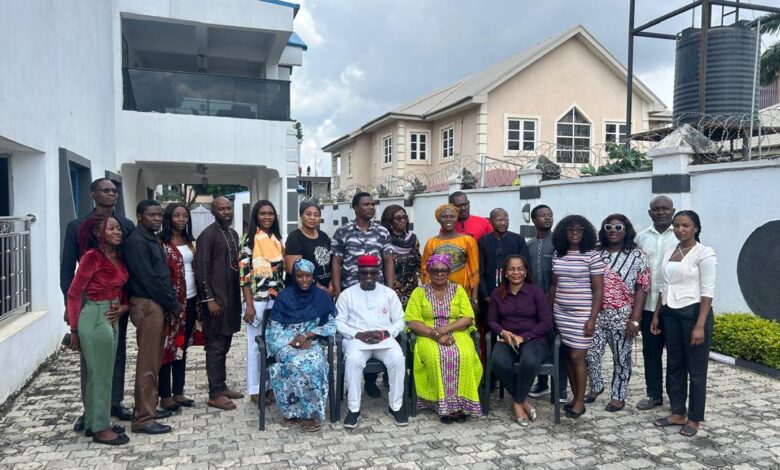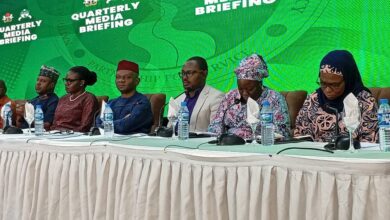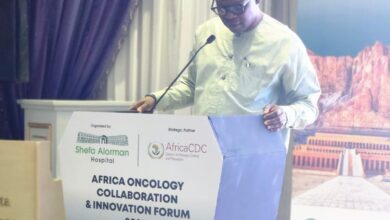
Stakeholders in the health sector have called for transparency in the disbursement of resources allocated to health, especially Reproductive Maternal Neonatal Child Adolescent and Elderly Healthcare and Nutrition (RMNCAEH+N) services.
This formed the basis of discussion at a one-day Validation Workshop for Nigeria’s RMNCAEH+N Budget and Accountability Scorecard, organised by the Africa Health Budget Network (AHBN) in Abuja.
In his presentation, the Programme Manager, Health Sector Reform Foundation (HERFON), Dr. Opeyemi Adeosun explained that the guiding principles of the RMNCAEH+N Strategy was derived from the National Health Policy, National Health Strategic and Development Plan (NHSDP II) and the Health Sector Strategic Blueprint towards the attainment of Universal Health Coverage (UHC) for all Nigerians.
Dr. Adeosun who was represented by Mrs Oyeyemi Pitan noted that, “these provide the framework for stakeholders to harness all resources for the achievement of UHC related to RMNCAEH+N objectives”.
He added that, “the RMNCAEH+N strategy is a strategic attempt at consolidating the integration of Reproductive Maternal neonatal child adolescent and elderly health and nutrition (RMNCAEH+N) services and programs along the continuum of care and provide a framework for the efficient, equitable and quality delivery of integrated care”.
He said the mission of the RMNCAEH+N strategy was to reduce preventable deaths and ensure priority populations reach their full potentials and live a fulfilled life in Nigeria.
According to Dr. Adeosun, “the RMNCAEH+N scorecard serves as an evidence tool to be used by all stakeholders including CSOs, media, advocates, young people, elderly, development partners to strategically influence actions that will promote performance, transparency and accountability in the implementation of Nigeria’s RMNCAEH+N strategy”.
The scorecard were in three categories comprising; Governance and Leadership, Budgetary Allocation and Disbursement, Accountability and Transparency.
Some of the key recommendations for action include: “There should be published detailed budget and expenditures and Audited Financial Reports on RMNCAEH+N, Expenditures from Government and Implementing
Agencies on the FMOH website, Engage with the FMoH Department of Family Health and the RMNCAEH+N Coordination Platform to support
establishment and operationalization of Family Health Department across all 36 states and FCT in line with the
National Council on Health (NCH)
Resolution.
Others include: “Advocate for full release of government counterpart funding commitment for 2024 Family Planning budget in line with FGN/UNFPA Agreement, Advocate for full release of government counterpart funding
commitment for 2023 and 2024 Immunization Budget in line with FGN/Gavi and UNICEF Agreement
RMNCAEH+N CSOs and Youth representatives should convene regular debrief meetings to the CSO Constituency after attending RMNCAEH Platforms and SWAP Technical Working Group Meetings”.
On her part, CEO of Vaccine Network for Disease Control (VNDC), Chika Offor stated, “this scorecard is very important for us to review it, validate it and then finalize this scorecard because that is what we are going to be using to make sure that we add our own contribution for health for all Nigerians”.
She urged the participants to study the scorecard to ensure it encapsulates all the necessary points because, “if we get it right from this level, we have started, the journey starts so that if there’s anything we need to change, this is the opportunity for us to do that, so that once it is there, we can use the document for the implementation.
“At the end of the day, people are going to score us on how many lives saved, so we can also hold the government accountable when they are not doing what they are supposed to do”, she said.





